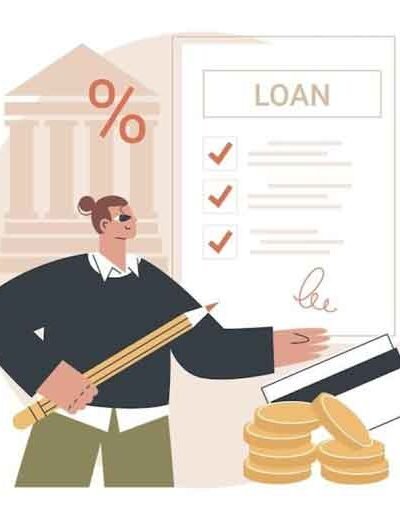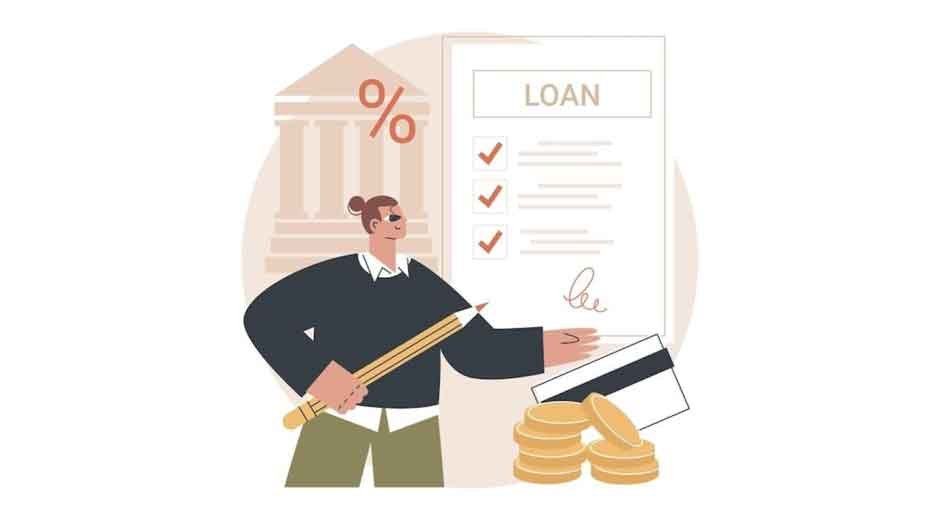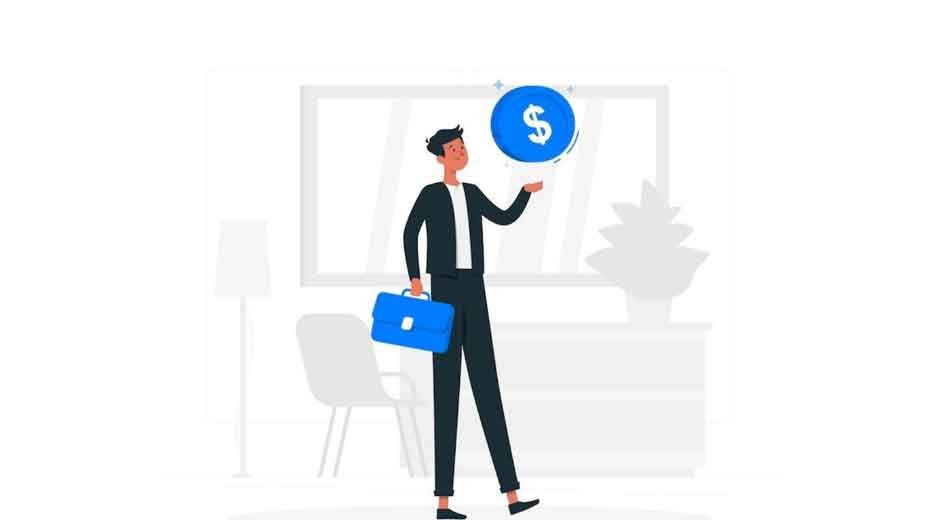A loan can help cover medical bills, school fees, or car repairs. But when payments stop, things can go wrong quickly. Missing payments affect your credit and can lead to legal trouble. That’s why understanding the risks of defaulting on a loan is essential.
Many rely on fast options like Albert’s $200 cash advance, which offers temporary relief, but the bigger picture still matters. This article explains the consequences of failing to repay a loan, so you can be smart, stay safe, and protect your financial future.
What Happens When You Default on a Loan?
When loan payments stop for a long time, the loan goes into “default status.” Most personal loans enter default after 90 days of missed payments, although the time can vary based on loan terms and the lender’s policies. A loan default is more than a late payment—the lender may no longer expect you to pay voluntarily. At this point, the lender may send the account to a collection agency or take legal action.
The U.S.’s three major credit bureaus—Equifax, Experian, and TransUnion—track these defaults. Once your loan enters default status, it stays on your credit report for up to seven years. Your credit score can drop drastically—sometimes by over 100 points. This can make it challenging to get emergency cash or rent an apartment. Lenders may also charge late fees, increase interest rates, or report your missed payments to the bureaus.
Legal Actions Lenders Can Take
Defaulting not only hurts your score. It can trigger serious legal issues. The lender may sue you in court once a loan agreement is broken through non-payment. If the court rules in their favor, they could get permission for wage garnishment, which means taking money directly from your paycheck. They could also freeze bank accounts or place liens on property.
The federal government doesn’t need to sue for student loans first. They can collect tax refunds, garnish wages, or block additional federal student aid. In 2023, over 7 million people defaulted on federal student loans, according to the Department of Education. That’s a serious number—and a clear warning.
Collection Agencies and Your Rights
After a default on a loan, most lenders assign your debt to a collection agency. These third parties are aggressive and persistent. While they must follow rules under the Fair Debt Collection Practices Act (FDCPA), they can still call, email, or send letters asking for payment. You have the right to request verification of the loan balance and ask them to stop contact in writing.
Keep in mind, though, avoiding contact does not make the debt disappear. If the third-party debt collector sues and you don’t accept delivery of the notice, a judgment can still happen. From there, legal collection tools—like wage garnishment or asset seizure—come into play.
Impact on Student Loans and Government Aid
Federal student loans are treated very differently from private student loans. Defaulting on federal student loans makes you ineligible for new federal student aid, including grants or work-study programs. It can also block your ability to get an affordable payment plan or loan forgiveness.
In many cases, people stop student loan payments due to financial hardship. However, options like loan consolidation, loan modification, or enrolling in income-driven repayment plans are available to avoid default. According to the Education Data Initiative, the average student loan borrower owes over $37,000. Defaulting on that amount can have long-term effects.
Secured vs. Unsecured Loan Defaults
Not all loans are the same. A secured loan is backed by something valuable, like a car or house. An auto loan or mortgage loan falls under this type. Missing loan payments on a secured personal loan can result in repossession or foreclosure. Secured debt gives the lender the right to take the asset if you stop paying.
On the other hand, most personal loans are unsecured. That means they’re not tied to an asset, but legal action and credit damage are still significant risks.
Your Credit Report and Long-Term Damage
A defaulted loan damages more than your score—it also affects your ability to open new accounts. Credit bureaus record your payment history, and future lenders may avoid giving you a loan, even with a no-credit-check or instant cash option. New credit opportunities become limited.
Avoiding loan default is key to building or protecting your credit history. According to FICO, one missed loan payment can drop a credit score 780 by up to 100 points.
Steps to Avoid Defaulting on a Loan
To prevent these issues, make sure you have a solid plan before accepting personal loan offers. Some smart ways to avoid default include:
- Creating a monthly budget to manage monthly payments
- Setting up automatic loan payments through your bank accounts
- Using a credit counselor to create a plan if debt payments become too much
- Requesting a loan modification to adjust loan terms
- Asking for a grace period or payment plan from your lender
You can also use a personal loan for debt consolidation, which involves turning multiple bills into one payment with a lower monthly payment and competitive interest rates.
Loans That Commonly End Up in Default
Here are some types of loans where defaults are more frequent:
- Student loans (both federal and private)
- Auto loans (used and new)
- Quick loans or short-term loan apps
- Credit card bill balances
- Personal loan to pay for home improvements, medical bills, or college tuition
- Small business loans with fast funding
- Secured a personal loan using a security deposit
Legal Impact of Loan Default by Loan Type
| Loan Type | Default Period | Legal Action Risk | Other Consequences |
| Student Loans (Federal) | 270 days | High | Wage garnishment, lost aid, tax offsets |
| Auto Loans | 60–90 days | Repossession risk | Car seizure, loss of vehicle |
| Credit Cards | 180 days | Court action | Credit damage, account closure |
| Personal Loans | 90–120 days | Lawsuits possible | Collection fees, calls, and credit impact |
| Mortgage Loans | 90+ days | Foreclosure | Home loss, severe score damage |
Knowing Your Loan Terms and Staying Safe
Before you borrow money, read the loan agreement carefully. Check for origination fees, interest rates, loan balance, and any penalties for missed payments. Understand what the lender determines as “default” and how long the grace period is. Choose a loan with a clear repayment plan and terms that match your monthly income and financial situation.
Apps that offer instant cash or fast funding often promise easy money, but always consider the same consequences if payments are missed. Responsible borrowing helps avoid future problems.
Final Words
Defaulting on a loan can trigger serious consequences—from ruined credit to lawsuits and even wage garnishment. Protect your money, read every detail, and plan for repayment before accepting any loan offer.
FAQs
What’s the difference between a missed payment and a loan default?
A missed payment happens when you fail to pay on time. A loan default occurs after repeated missed payments, often 90 days or more, and leads to legal and credit consequences.
Can I recover my credit after defaulting on a loan?
Yes, but it takes time. Making on-time payments, reducing other debts, and using a credit counselor can slowly rebuild your credit score over a few years.







Leave a Reply